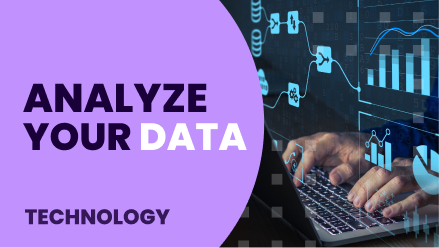During the IntelliCon conference, in addition to having listened to our colleagues from 3ipunt, we also learned about success cases shared by different companies, and how data analytics helped them, for instance, to define course designs or to achieve faculty goals, to reinforce transparency in student progress, among others.
Not only this, but it also contributed to helping us adapt the procedures and methodologies to the needs, not just from institutions and courses with the perspective of their corresponding content, but also to redefine them according to the needs of the users, especially students.
Every company needs its own data analysis processes, and these might probably be unique. The most important and complex is to ensure that the defined model is fully aligned to the needs of all participants.
Regarding students, one of the most worrying cases is the student dropout, which happens much more often than we think. Good monitoring and data analysis allow us to act in time so that this does not happen.
Simultaneously, accessibility is key throughout the learning process since we will not always be able to recognize the specific needs of our students. Data can help us to detect some of these needs, to include resources that help specific students to keep up with the pace of the course, using the tools that best suit them in each case.
Moodle, for instance, has multiple tools that allow us to do so. For example, if we have a student in a course, who presents mobility difficulties, once detected, or even before, we can offer them the option to include videos or audios as deliverables, instead of written texts.
On the other hand, IntelliBoard is a tool that allows us to collect all this data, and as organizers of the event, which we sponsor from 3ipunt, we have to talk about this.
Their tool offers features that provide a high added value to the collected data, thanks to the high variety of reports and their level of customization. At the same time, the possibility of creating several roles allows us to diversify access to the data.
They also count on a course catalog sales system, which is very visual and intuitive for the user, contributing positively with the marketing department providing more knowledge about sales analysis and about the brand or institution itself.
This is not easy to achieve, and we have to be able to collect the right data and group it in line with the needs each case presents. Therefore, by helping us to improve the educational model, data also helps us to obtain better performance from our institution.
To conclude, we can say that the data not only provides us with information but also allows us to improve and reorientate the established learning models to ensure an optimal teaching-learning experience.





